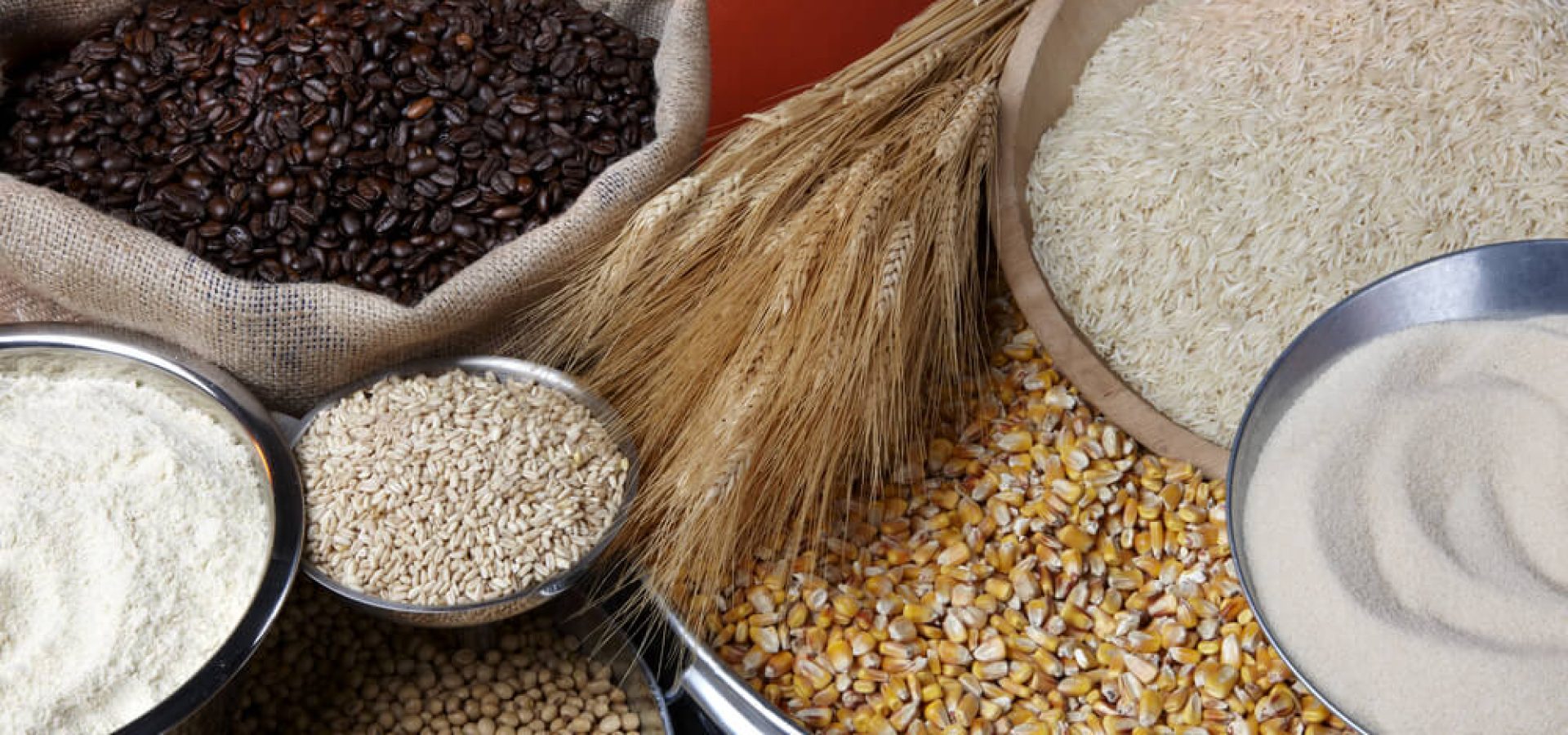In the intricate tapestry of global markets, the term “commodity super cycle” has been gaining prominence, shaping the landscape of trade and economics. Rabobank, an esteemed agricultural finance institution, presented a nuanced view of global food demand and its impact on commodity markets. As inflation and interest rates persistently sting, consumer behaviour transforms and reverberates across staple food prices.
The Current Landscape
According to Rabobank’s head of agri commodities, Carlos Mera, a delicate balance exists in the commodity markets. Despite the anticipated drop in staple food prices from weakening demand, wheat faces a looming fifth consecutive year of deficit. Unfavourable weather conditions and potential export curbs from Russia overshadow this crucial commodity. Despite these challenges, some sectors may find a silver lining. Increased supplies from South America will benefit the bakery, dairy, and animal protein industries.
Commodity Super Cycle: Prospects on the Horizon
Looking forward to the 2024/25 season, Rabobank’s projections paint a varied picture. The coffee market anticipates a surplus of 6.8 million bags, fueled by improved agricultural conditions in key producing countries like Brazil, Colombia, and Thailand. During the same timeframe, sugar prices are expected to decrease. While Brazil anticipates a record soybean harvest, concerns arise over diminished wheat production in Argentina and Australia, signalling potential challenges. Moreover, experts predict a decrease in Ukraine’s wheat exports, contributing to global supply constraints.
In conclusion, as the world navigates the intricacies of the commodity super cycle, Rabobank’s analysis emerges as a vital barometer for stakeholders in the agricultural sector. These insights become the compass for adaptation in a realm of economic pressures. Understanding Rabobank’s perspectives becomes indispensable whether one engages in commodity trading platforms, relies on a commodity broker, or explores the potential of commodity ETFs. In the volatile realm of global commodities, stakeholders can navigate uncertainty through informed analysis, charting a resilient course for growth.











COMMENTS